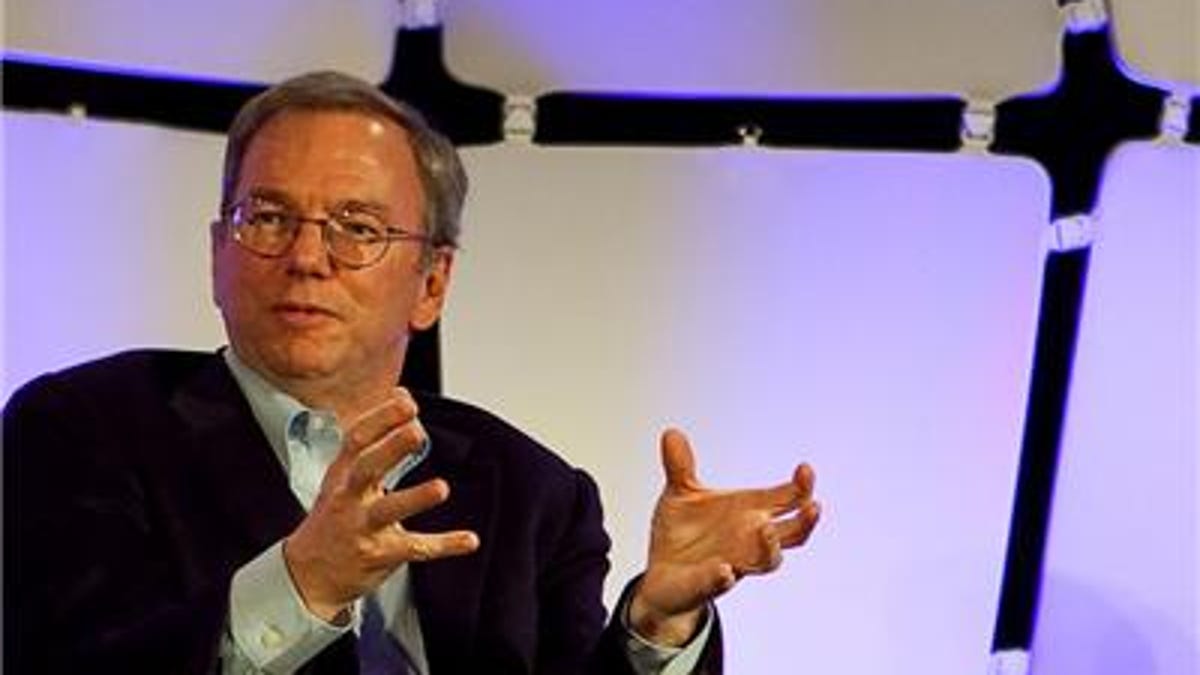CES 2013 will be Google's show
If any company deserves to replace Microsoft as the keynoter and thematic leader of the annual consumer tech extravaganza, it's Google.

Not that many years ago, nearly every computing product on the CES exhibit floor ran Windows. This year, that was not the case. Sure, the new "ultrabooks" are Windows-powered, but Android is everywhere else: in tablets, in phones, and in TVs.
Even though Microsoft Windows still dominates the PC and laptop markets, Microsoft itself is no longer the leader in consumer tech innovation. It's sad but appropriate that the company will no longer be kicking off the leading consumer electronics trade show.
After Apple, Google is leading the charge in consumer electronics. Apple doesn't officially participate in CES, leaving Google as the most influential platform company there. The most interesting tablet products at CES ran Android (examples: Asus 370T; Asus Transformer Prime; Samsung Galaxy Note, while the the Windows-powered ultrabooks appeared pedestrian in comparison (except perhaps for Lenovo's Yoga). And it's a safe bet that most of the smartphone manufacturers see Google Android as their only feasible defense against the iPhone juggernaut. Windows Phone 7, good as it is, is too late.
It would make sense for Google to get the 2013 CES keynote spot. It was the most important vendor at this year's show and it's likely to be even more critical to the CE industry next year.
Google rose to this position in CE by using the same playbook as the company it's displacing. As Microsoft did with Windows, Google now makes the operating system that every manufacturer knows how to bake into its hot products and that developers like to build for due to its expanding market footprint and technical flexibility. In consumer computing, Microsoft perfected this virtual cycle, but in the new era of mobile devices, it's Google that's doing the best job implementing the model.
Will it be Google?
Jason Oxman, senior vice president of Industry Affairs at the Consumer Electronics Association, wouldn't tell me who has been invited to give the keynote at CES 2013. But he did discuss with me the process. CEA execs will decide on the "thematic direction" for the 2013 show shortly after the 2012 show closes. Then they'll extend invitations to speakers.
Another safe bet: the CEA isn't going to determine that the thematic direction for CES 2013 will in any way relate to portable PCs running Windows 8. Nor for any sensible 2013 theme (mobile computing, search, social computing, the cloud, or media), does Microsoft sit at the head of the class.
At some point, a major manufacturer like Samsung, Sony, LG, or Toshiba may manage to get real traction with an integrated media-sharing platform that competes with Apple (they are all building them). If it does, it could end up as a good keynote candidate. But as of CES 2012, these initiatives all seem secondary to these manufacturers' hardware lines. They're not as well integrated, or nearly as good, as iTunes is with Apple TV, its iOS devices, and the Macs.
Apple, for its part, does participate in CES. The company sent hundreds of employees to CES this year. Some reports called them "spies" because they were quiet deal-makers and observers, not press-facing flag-wavers. But if Apple sent spies, Google sent generals. Eric Schmidt and Marissa Meyer, for example, both appeared on CNET livestreamed events. Google is already laying the groundwork to dominate CES.
Next year, when Microsoft has neither the keynote slot nor its mega-booth in the Central Hall (which it did not renew), the company will do a similar thing: It will send hundreds of employees and likely "embed" them in the booths where Windows 8-running products are being pushed. But no matter how ever-present Microsoft is in partner booths, it won't be able to control the message to the same extent it would if it had a native exhibit. Microsoft will be Apple-like in 2013.
The 2013 CES will belong to Google even if it doesn't get (or accept) the keynote spot. Google was the most influential company at CES 2012, it's arguably the most important company for other CE vendors to work with, and it deserves the top billing at CES 2013.
(Tidbit: No matter who gets the nod as the kick-off company for CES 2013, it's not clear if they'll get what the CEA calls the "Microsoft keynote," the talk the night before the show officially opens. In fact, no one might. That pre-show kickoff slot was created 14 years ago specifically for Microsoft. Bill Gates and Steve Ballmer have anchored that talk, but no other company has. The CEA is considering eliminating that slot and pushing the media to treat the official opening-day keynote as the show launch instead. This year, Qualcomm CEO Paul Jacobs had that spot.)

